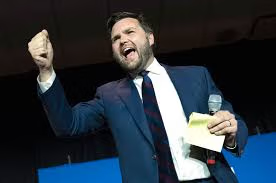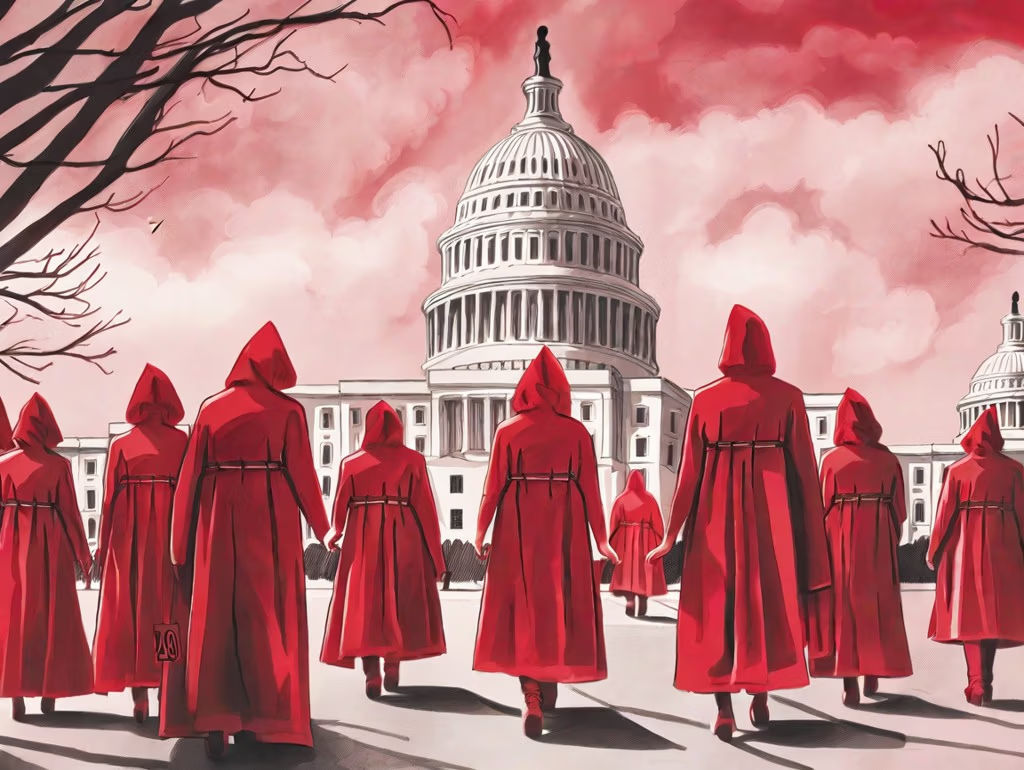J.D. Vance: A Critical Biography
Early Life and Education
J.D. Vance, born James Donald Bowman on August 2, 1984, in Middletown, Ohio, gained national attention through his bestselling memoir, “Hillbilly Elegy.” His upbringing in a working-class family in Appalachia served as the backdrop for his later political narrative. After serving in the Marine Corps, Vance attended Ohio State University and graduated from Yale Law School.
Career Overview
Vance’s professional trajectory has been marked by brief stints in various fields rather than significant accomplishments. He worked as a lawyer for a short period before transitioning into venture capitalism. His connection to billionaire financiers is particularly noteworthy; he worked at Mithril Capital, a firm co-founded by Peter Thiel, and later established Narya Capital in Cincinnati.
Political Shift and Criticism of Trump
Despite his current alignment with Donald Trump, Vance was once a vocal critic of the former president. In 2016, he expressed his disdain for Trump, stating that he “can’t stomach” him and warning that Trump was leading the white working class to a “very dark place.” Even as late as 2020, Vance argued that Trump had “thoroughly failed to deliver on his economic populism.” This dramatic shift from critic to supporter has led many to question his integrity and motives.
Recent Developments
In 2024, Vance was selected as Trump’s running mate, a decision closely linked to the financial backing of influential billionaires like Elon Musk. Critics argue that this partnership reflects a troubling trend within the Republican Party, prioritizing media presence and cultural battles over genuine governance.
Conclusion
Vance’s limited experience in government—having served less than two years in the Senate—raises questions about his qualifications for higher office. His nonprofit organization, Our Ohio Renewal, folded within two years, further emphasizing his lack of substantial achievements. As J.D. Vance continues to navigate the political landscape, observers remain skeptical of his commitment to the values he once espoused and the authenticity of his political journey.



